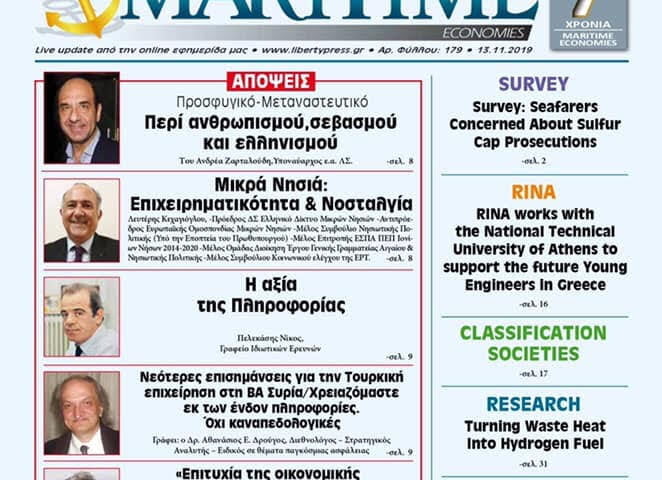Information security in the enterprise

Artificial theft or destruction of cars
26 August 2022
Industrial Espionage
26 August 2022
Information security in the enterprise
Information security is something that every business should be concerned about because now information can make the world go round in seconds.
Difference between explicit and implicit information
In modern entrepreneurship there is an increasing emphasis on acquiring and training more competent managers. A prerequisite for this move on the part of companies is that most knowledge is now ‘obvious’. In other words, they are practices and know-how that are taught and acquired through appropriate training. In contrast, in earlier times, business knowledge was to a greater extent ‘tacit’, since it was patents and patents not widely known.
Similarly, the sources of information for a company can be open, i.e. publicly accessible, or closed. A firm’s emphasis on overt knowledge does not necessarily signal a reduction in the importance of tacit knowledge and non-publicly accessible information, but the opposite. As this information is now fewer in number, it may be even more crucial for the future of a company.
Thus, the development of a business must be based to a large extent on the use of tacit knowledge and information obtained from closed sources. Information security in the enterprise:

Strategies for information security and acquisition of new information
In information gathering and analysis, companies focus on two strategies. The first strategy is to protect their information. Thus, firms put “barriers” on the dissemination of information among company executives. Often, they tap their employees’ phones. They also make sure that they are informed about possible critical contacts of their executives with competitors, as well as the nature of their contacts.
They place legal barriers to the hiring of their executives from other companies. They carefully select the information relevant to their strategy that they share on their website, etc. This strategy is therefore aimed at protecting the dissemination of information. The second strategy is aimed at providing access to new information. This new information may relate to the past activities of a prospective supplier. Other times it may concern the study of competitors’ movements on the market, the collection of information about a prospective customer, etc.
Competition information…How reliable is it?
It is also important to stress that the use of information can be both useful and destructive. In particular, various companies deliberately disseminate misleading information to their competitors’ environment so that it can be used to inform their competitors’ strategic planning, thus having a devastating effect on them. For this reason, it is of central importance not only to collect information, but also to be aware of whether it is reliable.
Overall, the value of information is something that is only fully known to the final recipient of the information, who uses it to reshape the company’s strategy. Thus, professional information research often has a subsidiary role in business moves, undertaking the collection of information to meet the needs of the business in question.
Information security in the enterprise
Private Investigator Pelekasis Nikos
“The above text may be indicative of practices and methods used in the past. Some tactics and methods may now be applicable under the new law 5005/22 concerning the procedure for the removal of privacy of communications, cybersecurity and protection of personal data of citizens.”



